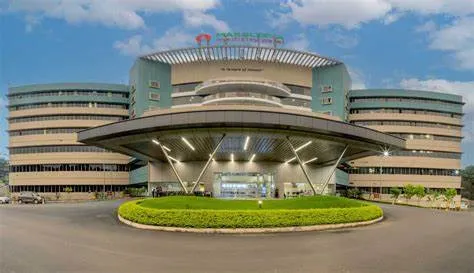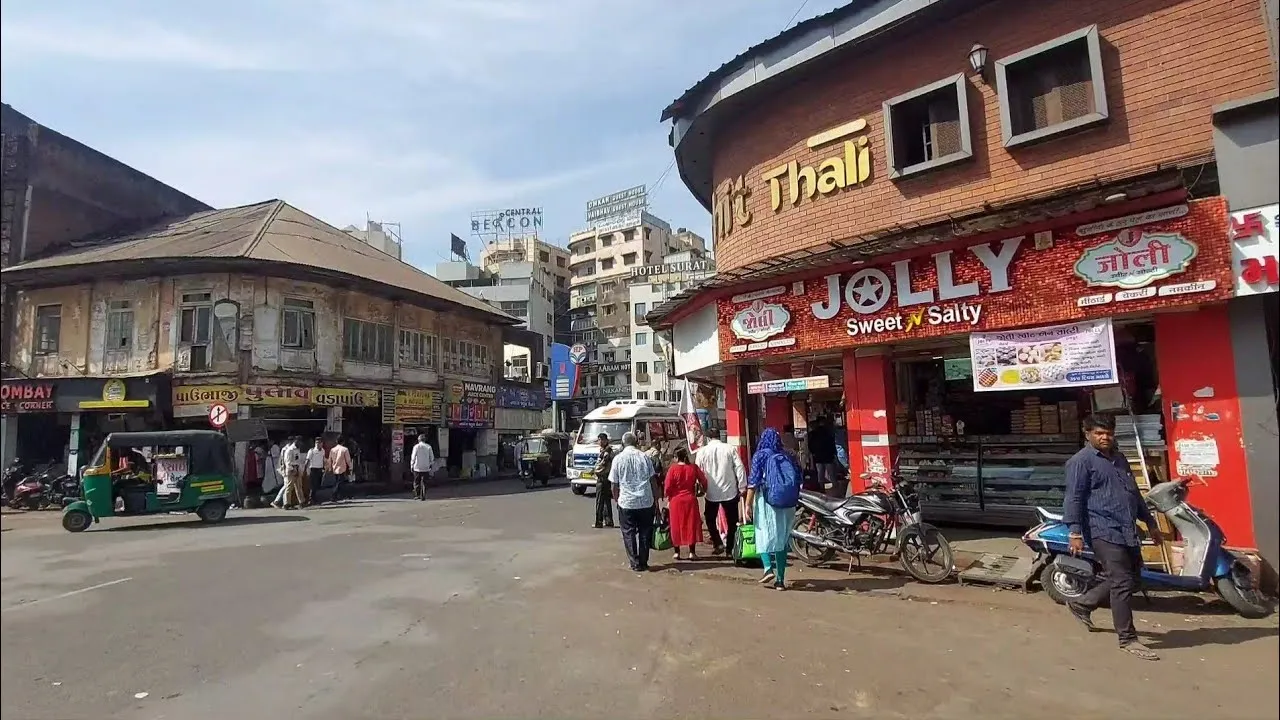Table of Contents
Kerala Healthcare System: A Comprehensive Overview
Kerala stands as a beacon in India's healthcare landscape, with its robust network of hospitals, medical education institutions, and healthcare professionals. This article explores the multifaceted healthcare ecosystem of Kerala, examining its infrastructure, specialized care facilities, workforce, and future trajectory.
Major Healthcare Institutions
Kerala's healthcare system is anchored by several prominent hospitals that serve as centers of excellence. Government Medical College Hospitals in Thiruvananthapuram, Kozhikode, Kottayam, Thrissur, Alappuzha, and Kannur function as vital tertiary care centers. The Regional Cancer Centre (RCC) in Thiruvananthapuram is recognized nationally for comprehensive cancer care.
Private institutions also play a crucial role in Kerala's healthcare landscape. Amrita Institute of Medical Sciences (Kochi), KIMS Hospital (Thiruvananthapuram), Aster MIMS (Kozhikode), and Lakeshore Hospital (Kochi) are known for their state-of-the-art facilities and specialized care.
Community and Rural Healthcare
Rural healthcare in Kerala is distinguished by a network of mission hospitals that have served communities for decades:
- Mar Sleeva Hospital, Pala: Established in 1969, this institution serves the Pala region with comprehensive care including specialized departments in cardiology, nephrology, and orthopedics.
- Caritas Hospital, Kottayam: A multi-specialty hospital managed by the Archdiocese of Kottayam, offering advanced medical services including cardiac care, neurosciences, and oncology.
- Pushpagiri Medical College Hospital, Thiruvalla: This teaching hospital combines medical education with comprehensive healthcare services, featuring centers of excellence in various specialties.
These institutions bridge the urban-rural healthcare divide, ensuring quality medical services reach beyond major cities.
Specialized Medical Services
Cancer Care
Kerala has developed significant oncology infrastructure. Besides RCC Thiruvananthapuram, Malabar Cancer Centre (Thalassery) and Cochin Cancer Research Centre provide specialized treatment. Many multi-specialty hospitals have established dedicated oncology departments offering comprehensive care including surgical oncology, radiation therapy, and chemotherapy.
Surgical Specialties
Surgical care in Kerala encompasses advanced procedures across specialties. Cardiac surgery, neurosurgery, transplant surgery, and minimally invasive procedures are available at major medical centers. The state has also become a hub for plastic and reconstructive surgery, with centers like Specialists' Hospital (Kochi) and Cosmetic Surgery Centre (Thiruvananthapuram) offering advanced aesthetic and reconstructive procedures.
Diagnostic Infrastructure
The state boasts an extensive network of medical laboratories and imaging centers. Major chains like Thyrocare, SRL Diagnostics, and Metropolis operate alongside hospital-integrated laboratories. Advanced diagnostic capabilities including MRI, CT scanning, PET-CT, nuclear medicine, and molecular diagnostics are available at major medical centers and standalone facilities.
Healthcare Workforce
Physicians
Kerala leads India with one of the best doctor-to-population ratios, estimated at approximately 1:500 compared to the national average of 1:1,456. The state produces around 2,800 MBBS graduates annually from its 29 medical colleges.
Nursing Professionals
Kerala is known as a nursing capital, with roughly 120 nursing colleges producing about 10,000 nursing graduates yearly. Kerala nurses are highly sought after both nationally and internationally for their training and competence.
Allied Health Professionals
The state has a growing cadre of physiotherapists, laboratory technicians, radiographers, and other allied health professionals trained at numerous specialized educational institutions.
Medical Education
Kerala's medical education system is robust, with:
- 29 medical colleges (11 government, 18 private)
- 39 dental colleges
- 120+ nursing schools and colleges
- Numerous allied health science institutions
The state produces approximately:
- 2,800 MBBS graduates annually
- 1,200 dental graduates
- 10,000 nursing graduates
International Medical Tourism
Kerala has emerged as a destination for international patients seeking quality healthcare at competitive costs. The state's advantages include:
- English-speaking medical professionals
- Advanced facilities at lower costs compared to Western countries
- Integration with ayurvedic treatments
- Post-treatment recovery in scenic locations
Hospitals like AIMS Kochi and KIMS Thiruvananthapuram have dedicated international patient departments catering to visitors from the Middle East, Maldives, Africa, and Western countries.
Preventive Healthcare Initiatives
Kerala's public health model emphasizes prevention through:
- Robust primary healthcare centers network
- Community health worker (ASHA) programs
- School health programs
- Vaccination campaigns
- Health education initiatives
- NCD (Non-Communicable Disease) screening programs
Government Support and Policies
The Kerala government has implemented several healthcare initiatives:
- Aardram Mission: Aims to transform public healthcare facilities to make them patient-friendly
- KASP (Kerala Ayushman Bharat - Karunya Arogya Suraksha Paddhati): Provides health insurance coverage to economically vulnerable families
- e-Health Kerala: Digitizing patient records and healthcare administration
- Specialty cadres in Public Health: Strengthening specialized care in government hospitals
Future Trajectory
Kerala's healthcare is evolving with several emerging trends:
- Integration of digital health technologies
- Expansion of telemedicine, particularly for rural areas
- Growth in specialized care centers
- Development of medical device manufacturing
- Research collaborations with international institutions
- Focus on geriatric care for Kerala's aging population
- Greater emphasis on mental healthcare services
Challenges and Opportunities
Despite its achievements, Kerala's healthcare system faces challenges:
- Rising costs of medical care
- Addressing non-communicable diseases
- Meeting the needs of an aging population
- Balancing public and private healthcare sectors
- Retaining healthcare professionals within the state
The future presents opportunities for Kerala to leverage its healthcare strengths through:
- Medical research initiatives
- Health-tech innovation
- Sustainable healthcare models
- Integration of traditional and modern medicine
- Expanded international collaboration
Kerala's healthcare model, combining accessibility, quality, and inclusivity, continues to evolve as a notable example within India's diverse healthcare landscape, positioning the state as both a healthcare provider and innovator in the coming decades.









